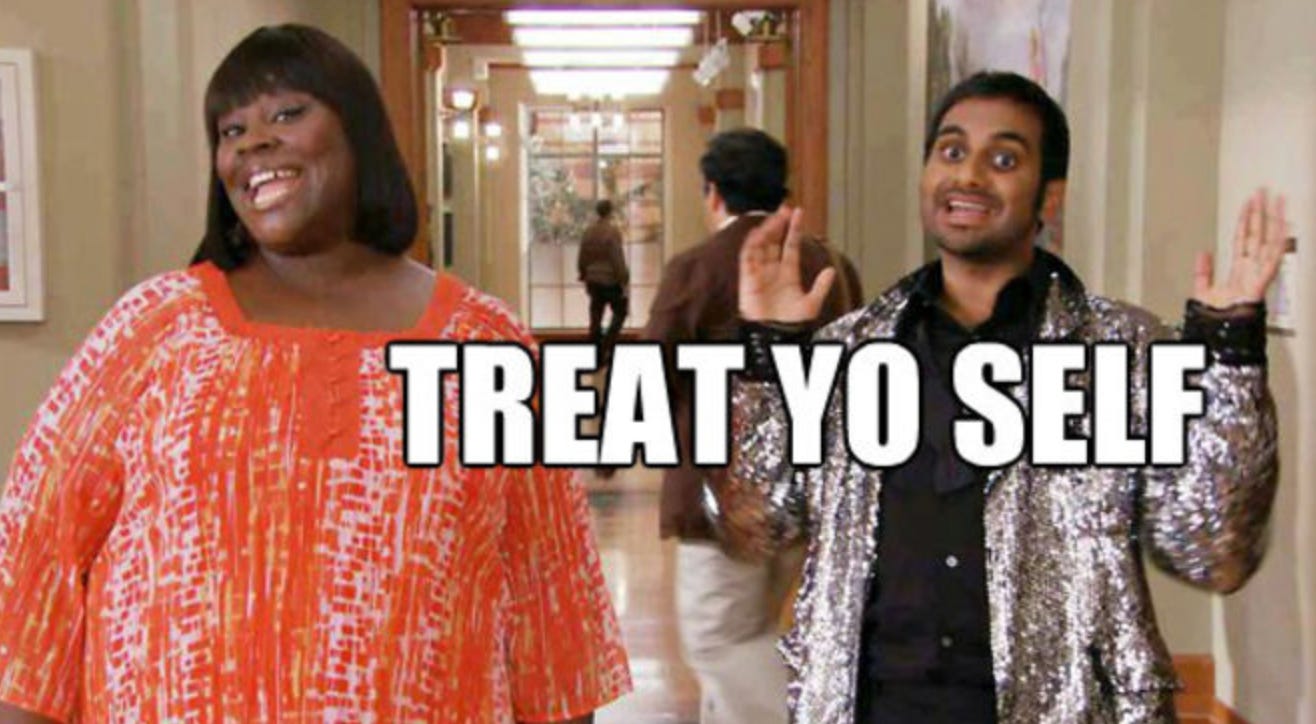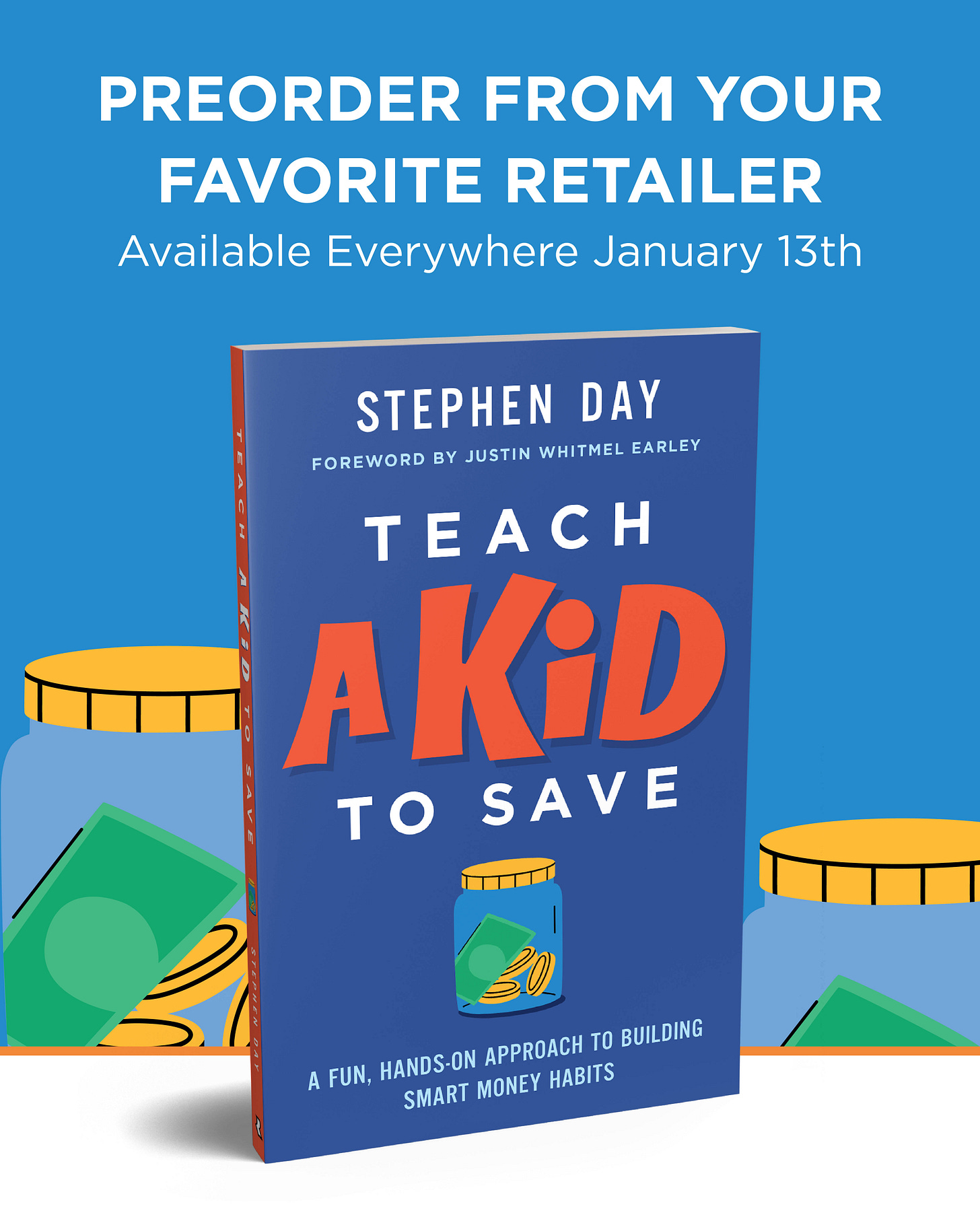I’ve updated my Instagram. If you don’t follow me yet, please do.
Rock stars and top-league athletes are famously broke. I’ve written before about their struggles: lack of financial literacy; not knowing whom to trust; comparisons with friends who are big spenders; injury; and the unpredictability of contracts. There’s an important reason I forgot, though, when I first wrote that article. It’s something we all do: we treat windfalls as free money. Play money! Treat yourself money! When we come into a windfall we relax our long-term goals and just spend.
This is the infernal cognitive gremlin that economists call mental accounting, that is, treating different “pots” of money differently depending on where you got the money or what you plan to use it for. It’s why people carry credit card debt while keeping money in low-interest savings accounts. It’s why we turn a perfectly predictable tax refund into a spending spree and then wonder where it all went.
The rational thing would be to look at all the money you have in light of your overall budget. But mental accounting says “no, this money is special money.”
Mental accounting is one reason why everyone finds it so difficult to get ahead.
Here’s hard evidence: in this Harvard study, economists tracked how people used money they saved from surprise coupons at the grocery store. They spent an extra $1.59 on groceries for every $10 they saved. But here’s the kicker: they spent it on things they didn’t usually buy. They inflated their lifestyles ever so slightly in response to a tiny windfall. Similarly, people buy more when using store cards and gift cards, and gamblers gamble more when they are playing with “house money.”
My father-in-law Charlie calls it OPM: “other people’s money.” In his book That Ain’t No Deal, co-written with his son Art, Charlie describes OPM (which for him often refers to debt) like this: “you just naturally tend to spend your own money with more care and consideration than you do money you did not earn yourself. ‘Borrowing dulls the edge of husbandry.’ Debt isn’t the only form of OPM. An unexpected windfall or dividend can also lead to OPM.”
(Wow, I just noticed that OPM sounds like “opium.” Is that intentional? I’ll ask Charlie next time I see him.)
If us little people tend to blow through our small windfalls, pity the demigods who inhabit the Olympian peaks of the world’s top sports leagues! Likewise, lottery winners often struggle to turn their winnings into lasting wealth.
But not so fast: mental accounting can help us, too. For example, if we struggle with overspending, mental accounting can help us by saying “no!” if we spend one category’s money (say, college saving) on overspending in another category (say, for a cruise). It can act as a firewall. We can use this little bit of irrationality to rescue us from even worse irrationality.
Now that I think about it, you really ought to mentally account when you get birthday money. Go out to eat. Your loved ones will be offended if you sniff “thanks, this will be a great extra $50 in my emergency savings fund” and hoard it against the dark day that your HVAC goes out. I personally put my birthday money in a “coffee endowment” which I use to buy nice coffee shop coffee. The actual cortado or cappuccino, not just my regular black cup-a-joe.
The important thing is that you see your mental accounting for what it is. So you’ve come into a bit of money? It might be an opportunity to put it in the kids’ college fund–you’ve been trying to do that, remember? But if you’re a little bit ahead, maybe just take your special someone out for a nice dinner. You might be behind on that, too. (Pauses to reflect…)
So you see, you don’t have to be an economist all the time. You can just be a human sometimes, too.
As long as you budget for it.






I like your reflection recommendation. I'll promote paying down or paying off any time traveling credit card balance in full with a windfall.